Texas anglers will have their first fall red snapper season since 2010, beginning Oct. 1, after the Gulf of Mexico Fishery Management Council approved the supplemental framework and increased the quota for commercial and recreational anglers.
The overall Gulf quota was increased from 8.46 million pounds to 11 million pounds, with a commercial figure of 5.61 million and a recreational catch limit of 5.39 million. The increased quota is the highest catch level the council can set without having to decrease the figure in subsequent years.
Estimates indicate that the supplemental season will be about 21 days, but that will be reevaluated when June recreational data become available in mid-August.
Red snapper fishing has been a contentious topic this year after the council originally announced and adjusted red snapper season for Texas, Louisiana and other Gulf states. The move widely was viewed as retaliation for the plans of multiple states to go out of compliance with federal snapper regulations.
Texas, Louisiana and other Gulf states previously pushed back against proposed federal rules on red snapper, urging that snapper regulation be left up to the discretion of states, citing scientific research supporting the stance.
Gov. Rick Perry and other Gulf state governors also sent a letter to Congressional leaders in April, stating that federal management of Gulf red snapper is evidence of a system that is “irretrievably broken,” and called for passage of legislation that would replace it with a coordinated Gulf states partnership for red snapper management.
In Texas, federal waters begin nine nautical miles from the coast and extend 200 nautical miles.
The Texas Parks and Wildlife Department estimates that an originally projected 27-day red snapper season would generate at least $28 million from recreational anglers in Texas, while a lowered 12-day season would cut that figure by at least $16 million.
The decision ultimately was made to have a 28-day Gulf season that began June 1.
The length of the federal recreational season in the Gulf is determined by the amount of the quota, the average weight of fish landed and estimated catch rates over time. NOAA Fisheries is responsible for ensuring the entire recreational harvest, including harvest in state waters, does not exceed the recreational quota. Therefore, if states establish a longer season or a larger bag limit for state waters than the federal regulations allow in federal waters, the federal season must be adjusted to account for the additional harvest expected in state waters.
More than 95 percent of the red snapper landed in Texas come from federal waters, according to TPWD figures. Most of that catch – about 80 percent – comes from head boats, also known as “party boats,” which take out numerous paying clients offshore. These boats account for roughly 200,000 angler fishing trips annually, according to TPWD figures.
In 2012 the snapper season in federal waters throughout the Gulf was 46 days. Because snapper stocks are doing well and growing in the Gulf, snapper fishing is allowed 365 days a year in Texas state waters and 88 days in Louisiana state waters.
The recreational red snapper bag limit in federal waters is two fish at least 16 inches in length. The bag limit in Texas waters is four fish, at least 15 inches long, with a year-round season.
The method for calculating the dates for the federal season for each state are available online.


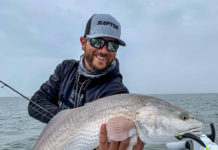

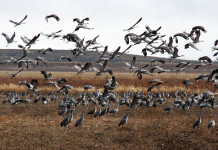
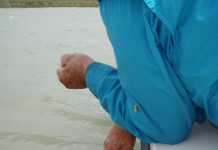

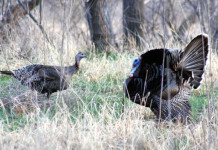
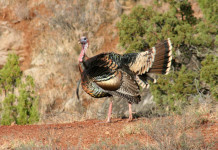




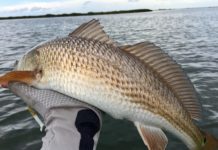

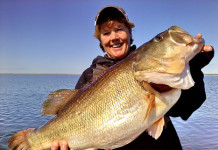

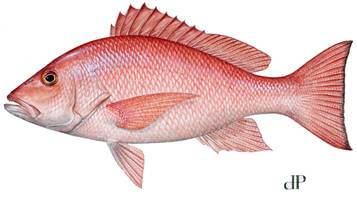
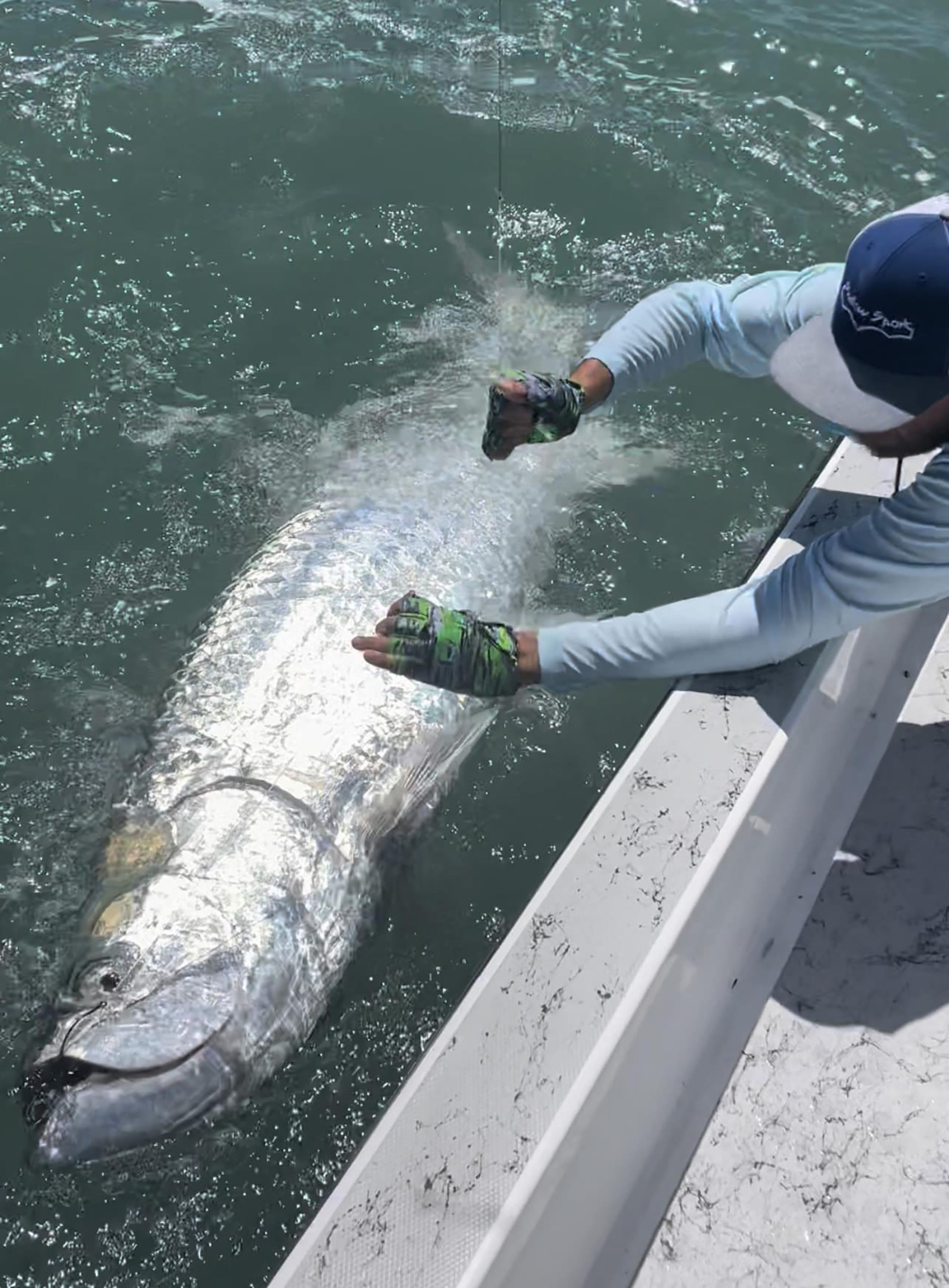


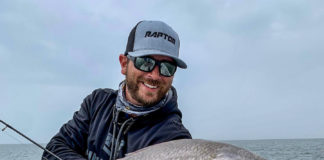

[…] compadre down South in Port Isabel, Texas fired me a link yesterday announcing the upcoming opening of the fall Texas Red Snapper season come the first of […]
It really sucks to drive thousand miles to go fishing for my favored fish and all the boats are booked with local and only trip I can find are half day or short trips to catch small reds. I come down for a weak once a year and people have attitude like this is just for locals I have even called down in February to book for June 1 and get tolled they are booked up. It is so bad I have not came down in two years. I miss it and my wife says buy your own boat and go to get your own fresh red snapper, but that does not make scene for that short of a season and once a year. I watch Big Fish Texas and see them catching tons of fish and the recreational fisher are short changed, this really makes it suck even more. Who is watching out for the recreational fishermen?